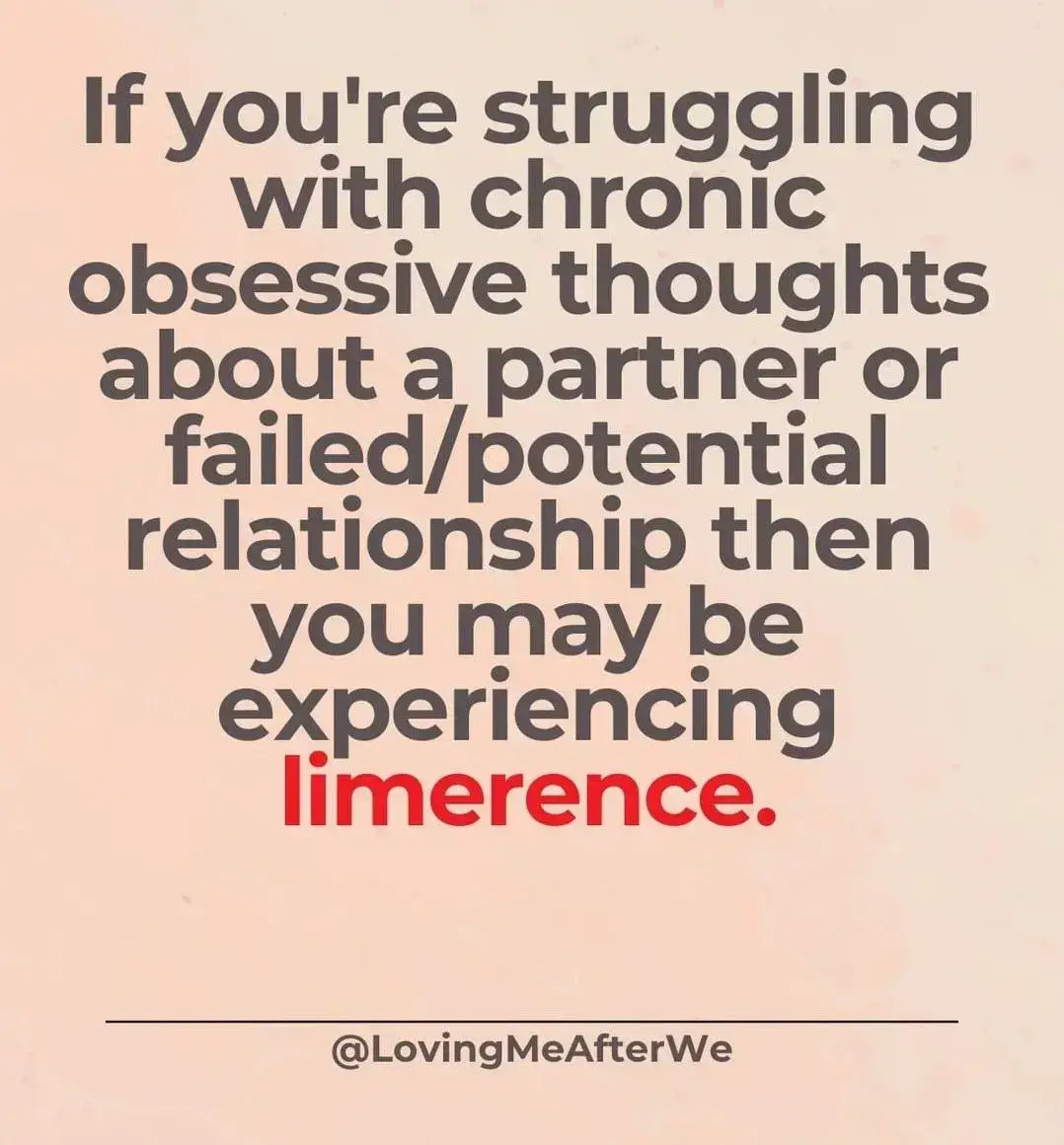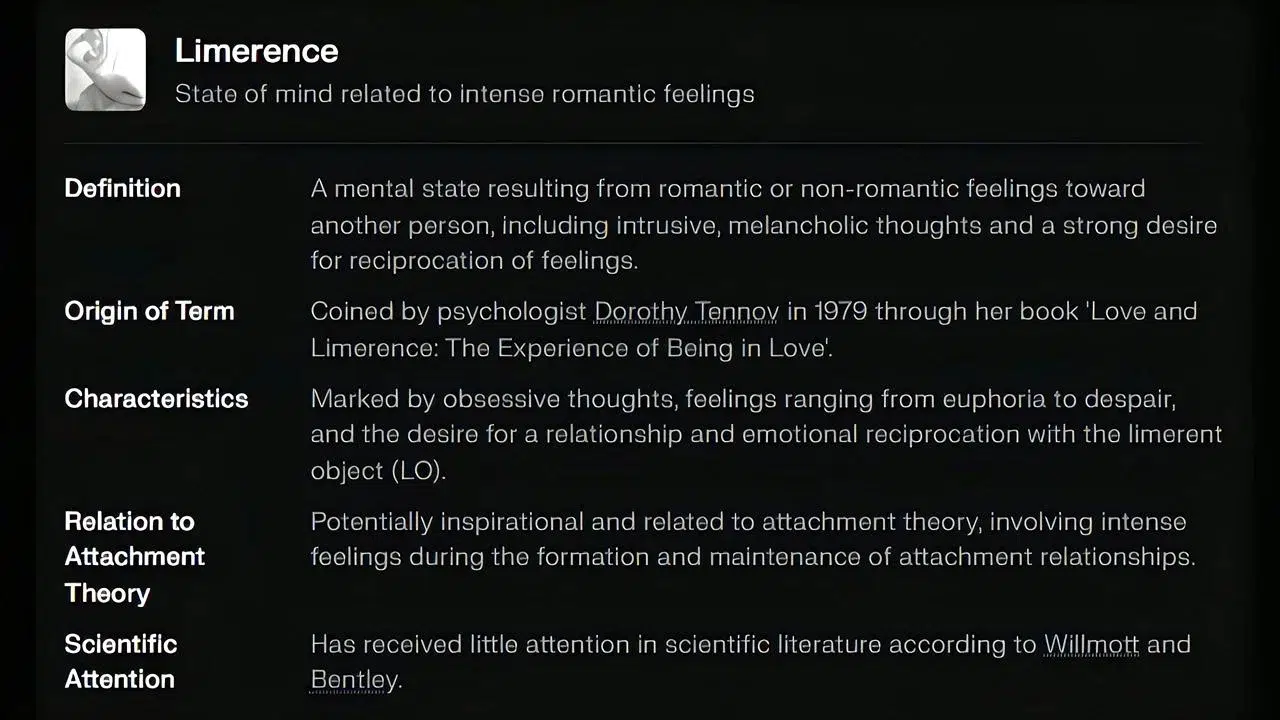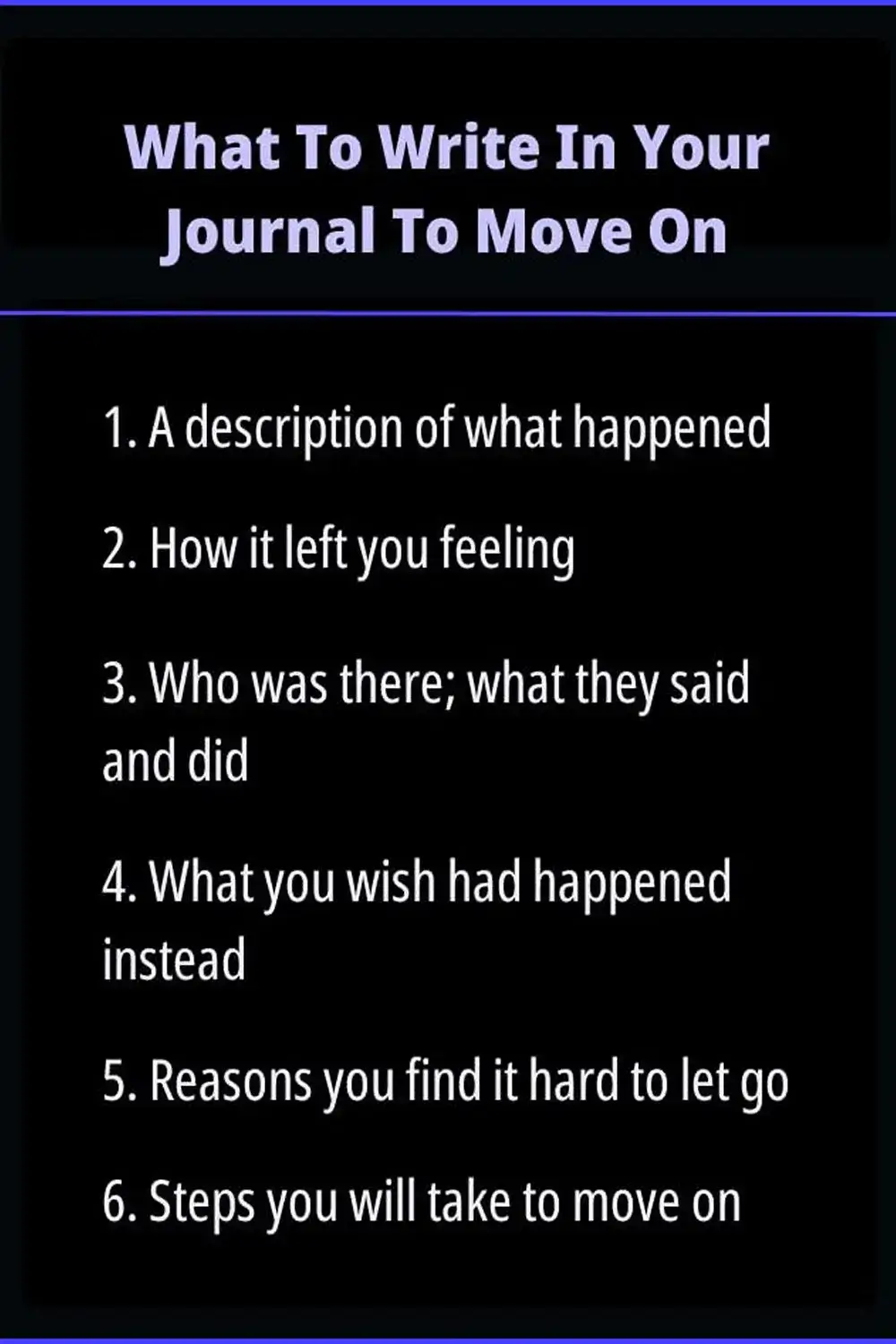Today's Friday • 11 mins read
Unrequited limerence is like waiting for a bus that will never come, but you keep standing at the bus stop, still hoping and dreaming of its arrival.
Limerence is an addictive force. It is one-sided, with intense longings and obsessive desires. They may not know about this love yet.
But when they know about it, but decide not to love back in return, it’s unrequited limerence. And it’s painful.
Many of us have felt this, and it can be very hard to extinguish those passionate feelings of romance.
Dorothy Tennov first coined the word “limerence” in her 1979 book “Love and Limerence: The Experience of Being in Love.”
The Pain of Unrequited Limerence
Unrequited limerence is an intense, romantic, and often obsessive love that is not reciprocated by the other person. The persistent thoughts and feelings of affection are never fulfilled by the other person.
Limerence appears suddenly and unexpectedly. But unrequited limerence is almost always gradual and expected.
People going through unrequited limerence may spend hours daydreaming about their crush, imagining what it would be like to be in a romantic relationship with them.

“The state of unreturned limerence is one of relative (and often self-imposed) isolation. Happy lovers are off somewhere together enjoying the bliss of mutuality. Indeed, whenever an acknowledged relationship exists, even if it is troubled, much time is spent in interaction. Although they may eventually grow bored or annoyed, friends and family are usually around to serve as sounding boards, advice givers, and sometimes sources of sympathy and support.”
– Dorothy Tennov, Love and Limerence, 1979
They may also engage in unsafe behaviors like stalking or repeatedly contacting the other person, even if they have made it clear that they are not interested.
While unrequited limerence can be a painful and difficult experience, it is not a mental disorder or illness.
Unrequited limerence is when you have an obsession with an object you can’t have.
In fact, almost all limerence cases remain unrequited, and many of us have experienced it at some point in our lives.

Signs and Symptoms of Unrequited Limerence
Limerence can feel like, “I try to stop the thoughts, but my body goes crazy.”
Unrequited limerence is a condition where one person has intense romantic feelings for another person, but those feelings are not reciprocated.
People with unrequited limerence may experience a range of emotional and behavioral signs and symptoms that can have a significant impact on their daily lives.
Emotional Signs of Unrequited Limerence
One of the most common emotional signs of unrequited limerence is a persistent feeling of euphoria or excitement when thinking about the object of their affection.
However, this can quickly turn to depression or anxiety when they realize that their feelings are not reciprocated.
People with unrequited limerence may also experience mood changes, rumination, and obsessive thoughts about the person they are in love with.
Behavioral Signs of Unrequited Limerence
People with unrequited limerence may engage in compulsive rituals or daydreaming about the person they are in love with.
They may also have trouble sleeping, experience rapid breathing, and have a reduced productivity level.
In some cases, people with unrequited limerence may withdraw from social activities and become isolated from friends and family.
They may not take care of themselves, not get enough sleep, not take baths, and eat unhealthy foods.
Impact On Daily Life
Unrequited limerence can make people experience a loss of interest in other activities (anhedonia).
They purposely live a reduced quality of life, and trigger a decline in their overall mental health. They may also struggle with feelings of rejection, shame, and low self-esteem.
In some cases, unrequited limerence can lead to the development of obsessive-compulsive disorder (OCD) or other mental health conditions.

Causes of Unrequited Limerence
A person in limerence is responsible and sane. Limerence does not make them mentally ill. They are “fully functioning, rational, emotionally stable, normal, nonneurotic, nonpathological members of society.”
- First, limerence often contradicts rationality. A person under the influence of limerence may behave in ways that seem irrational or illogical, driven by intense emotional states rather than reason. This behavior can sometimes be a visible manifestation of their internal emotional turmoil.
- Second, individuals who are already mentally ill or under emotional stress may display their limerence more openly. While their existing emotional instability doesn’t cause limerence, it can make the signs of limerence more apparent.
- Third, some individuals may respond to their own feelings of limerence in ways that escalate to extreme and intrusive levels. This might be a strategy to cope with the overwhelming emotions associated with limerence, although it may lead to desperate and disruptive behaviors.
Unrequited limerence is a complex and distressing condition that occurs when someone develops intense romantic feelings for another person who does not reciprocate those feelings.
While the root cause of unrequited limerence is not fully understood, there are several factors that may contribute to the development of this mental disorder.
Attachment Styles and Limerence
One of the primary factors that may contribute to the development of unrequited limerence is attachment style.
Those who have an anxious attachment style, characterized by a strong desire for intimacy and a fear of abandonment, may be more likely to develop limerence.
This is because they may be more prone to developing intense romantic bonds with others, and may struggle to let go of those bonds even when they are not reciprocated.
Childhood Experiences and Limerence
Childhood experiences may also play a role in the development of unrequited limerence.
Family members who are emotionally distant or unavailable may teach children to seek out intense romantic relationships as a substitute for the intimacy they lack in their family relationships.
Moreover, adolescents who experience unrequited love during their formative years may be more likely to develop limerence later in life.
Unrequited limerence may experience obsessive-compulsive thoughts and behaviors, such as constantly checking their phone for messages from their crush or engaging in elaborate fantasies about their romantic interest.
While unrequited limerence is painful, it is not a reflection of the individual’s intelligence or value as a person.
How Long Does Unrequited Limerence Last
On average, unrequited limerence might last, on average, anywhere from 18 months to 3 years.
However, for some people, these strong feelings might last many years. Dorothy Tennov observed it and wrote, “Limerences were reported that persisted as long as 15 years without reciprocation.”
“For some of the people who experienced a long period of limerence, eventual reciprocation by LO, even marriage, actually did follow the period of secret longing. For others, mutuality was followed by the kind of reversal of feeling that Fred feared would occur if ever Laura truly responded as he longed for her to do.”
– Dorothy Tennov, “Love and Limerence”
Unrequited limerence, or the feeling of being deeply in love with someone who doesn’t feel the same way, can last for an indefinite amount of time.
Limerence vs. Unrequited Love
Some key differences between Limerence and Unrequited Love:
| Unrequited Limerence | Unrequited Love | |
|---|---|---|
| Focus | Intense, obsessive focus on the person of interest (LO). | Strong affection towards another person that isn’t reciprocated. |
| Emotions | Extreme highs when feeling reciprocation, deep lows during uncertainty or rejection. | Constant feelings of longing, sadness, and rejection. |
| Fantasy vs. Reality | Less likely to involve obsessive behaviors, and more focused on longing and desire. | May be grounded more in reality, acknowledging the lack of reciprocation. |
| Attachment Style | May be linked to attachment issues, with the LO becoming a focal point of motivation. | May not necessarily be linked to an attachment style. |
| Behavior | Can result in stalking, constant monitoring, and other obsessive behaviors. | Less likely to involve obsessive behaviors, more focused on longing and desire. |
| Self-esteem | Self-esteem often fluctuates based on perceived interest from the LO. | Self-esteem may be lowered due to feelings of rejection. |
| Reciprocity | The desire for reciprocity is intense, with feelings often hinging on this. | Acknowledges the lack of reciprocity but still harbors feelings of love. |
Specific traits can vary from person to person, but both limerence and unrequited love can cause emotional distress and self-neglect.
Dealing with Unrequited Limerence
“Limerence can live a long life sustained by crumbs. Indeed, overfeeding is perhaps the best way to end it.”
– Dorothy Tennov
Recognizing and Accepting Unrequited Limerence
Unrequited limerence is an intense one-sided love where the other person does not reciprocate.
The emotional and physical pain it causes may be reduced by accepting the reality of the situation. This can be difficult, but it is the first step towards healing.
It means:
- Accepting that the relationship will not progress.
- Acknowledging that the other person does not feel the same way.
- Understanding the other person has boundaries that they don’t want encroached.
- Recognizing that unrequited limerence is a temporary state and that time can help heal the pain.
Strategies for Coping with Unrequited Limerence
Several strategies can help cope with unrequited limerence. These include:
- Creating distance: Limit interactions with the person and avoid situations that trigger feelings of limerence. This can help reduce the intensity of the feelings and allow for emotional healing.
- Engaging in self-care: Taking care of yourself can help improve mood and reduce stress. This can include activities such as exercise, meditation, and spending time with loved ones.
- Cognitive restructuring: This involves changing negative thought patterns and replacing them with positive ones. It can be helpful to focus on the positive aspects of the situation, such as personal growth and self-discovery.
- Seeking support: Talking to a trusted friend or family member can provide emotional support and help process feelings. It can also be helpful to seek out a therapist or psychologist who specializes in cognitive behavioral therapy.
- Journaling: Journaling can be especially helpful if you have no access to therapy. Writing your thoughts and feelings can be a cathartic tool, allowing you to safely release your pent-up emotions. Here’s what you can write in your journal: 1. Describe what happened. 2. Express how it made you feel. 3. Note down what they did to trigger your limerence. 4. Imagine what would have happened if you had never met them. 5. Find out why it’s hard for you to let go. 6. Plan steps to move on.

Moving Beyond Unrequited Limerence
“The state of unreturned limerence is one of relative (and often self-imposed) isolation. Happy lovers are off somewhere together enjoying the bliss of mutuality. Indeed, whenever an acknowledged relationship exists, even if it is troubled, much time is spent in interaction. Although they may eventually grow bored or annoyed, friends and family are usually around to serve as sounding boards, advice givers, and sometimes sources of sympathy and support.”
– Dorothy Tennov, Love and Limerence,
Unrequited limerence can make one feel shame or regret. While it can be difficult, it is possible to move beyond and cultivate healthy relationships and self-love.
Fostering Healthy Relationships
Many people who got over limerence may feel surprised that they were in an irrational state of mind many years later.
Focus on fostering healthy relationships with others. This can involve building strong friendships and creating a supportive community.
By surrounding oneself with positive and caring individuals, one can develop a sense of belonging and reduce the feelings of loneliness that often accompany unrequited limerence.
Find a partner who shares similar values and interests. This can help to create a strong foundation for the relationship and foster a deeper connection between partners.
Communicating openly and honestly with one’s partner can help build trust and strengthen the relationship.
Cultivating Self-Love and Healing
Focus on cultivating self-love and healing. This can involve engaging in self-care activities such as exercise, meditation, and journaling.
By taking care of oneself, one can reduce stress and anxiety and improve overall well-being.
Address any underlying issues that may be fueling your unrequited limerence. This can involve seeking therapy or counseling to work through past traumas or behavioral addictions.
Take steps to move towards a happier and more fulfilling life.
Final Words
Limerence has been associated with various forms of destructive behavior, like physical assaults, accidents, severe incidents, and self-harm.
Limerence is a state of mind similar to that of an obsessive-compulsive person addicted to a particular person’s fantasies.
- Limerence appears suddenly but goes away slowly.
- Unrequited limerence can be extremely distressing.
- Focus on self-love, self-compassion, and self-care.
- Build relationships with other people who care about you.
√ Also Read: 10 Signs That Your Limerence Is Ending…
√ Please share this with someone.
» You deserve happiness! Choosing therapy could be your best decision.
...
• Disclosure: Buying via our links earns us a small commission.